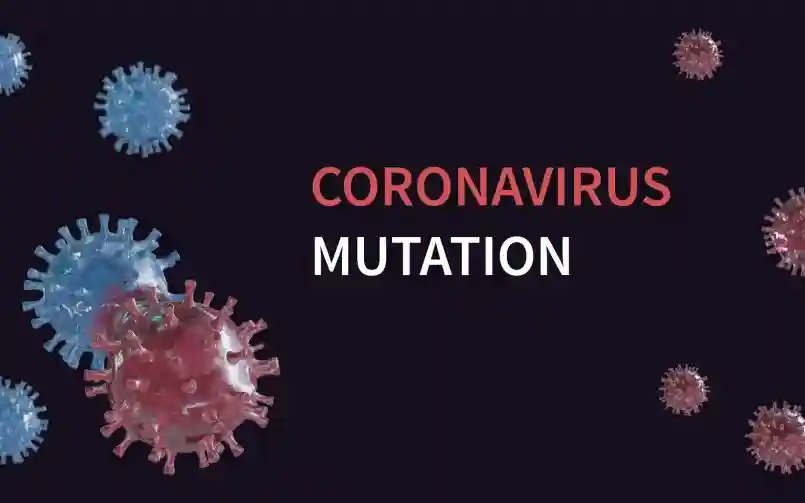A mutation is very minor genetic errors in genome sequences during replication that doesn’t fundamentally change the nature of the virus’s behaviour.
The coronavirus that causes COVID-19 is changing over time. Coronaviruses are ribonucleic acid (RNA) viruses, containing just RNA strands (single or double) as its genetic material. They have about 26,000 to 32,000 bases or RNA “letters” in their length.RNA viruses mutate continuously. Such a mutation is what made SARS-CoV-2’s jump from animals to humans possible.
The virus multiplies inside living organism’s cells by creating copies for the RNA. The new coronavirus will inevitably make mistakes during this process. These errors lead to mutations—changes in genetic material between the new virus and its parent one.
A ’strain’ is a sub-type of a virus, characterised by different cell surface proteins, eliciting a different immune response from other strains. So far two isolates from India have been genetically sequenced. Both are from coronavirus patients in Kerala who had arrived from China’s Wuhan in late January. The strains are nearly identical as per scientific research.
Other researchers have said that the novel coronavirus has mutated into two strains so far — the original S-type which originated in Wuhan, and the subsequent L-type that evolved from the S-type and is more prevalent in countries like the US. The L-type is the more “aggressive” one, and spreads rapidly but is no more or less virulent than the S-type. The researchers urged everyone to take preventive measures because the mutation indicates that more could be coming.
There are three situations where mutations can have a significant impact during an outbreak, it can dramatically change the diagnostic tests to zero in on the result.
This means our ability to test for the virus would be blunted. It’s important for scientists to track new mutations in SARS-CoV-2 so they can find out whether test kits ever need to be updated to spot new forms of the virus.
The other impact can be on the treatment modalities as it may become resistant to antiviral drugs over time, similarly to how bacteria become impervious to antibiotics. If a drug wipes out all copies of the virus in a sick person’s body, the virus won’t have the chance to adapt.
That’s why we’ll probably need more than one drug to combat COVID-19. Eventually, people will probably be given a cocktail of several drugs to clear out the virus.
Mutation can also affect, vaccines being developed which potentially become useless, and pharmaceuticals will have to constantly keep up with the mutations by developing new vaccines all the time which will waste time and will not be financially viable.
The good news is the novel coronavirus is not likely to mutate dramatically by the time we hopefully will come out with a vaccine.
The virus is moving too quickly through the population, so it has the ability to replicate in humans very efficiently and it has the ability to move from one human to another therefore the mutation process will only deter its transmission rate to hosts.
The novel coronavirus may continue to mutate and pose a challenge to researchers developing a vaccine. Nonetheless, the idea of viruses mutating is not something that needs to worry people in terms of their health when it comes to Covid-19. They have to follow the necessary preventive measures and try to reduce the community spread.
Source:




